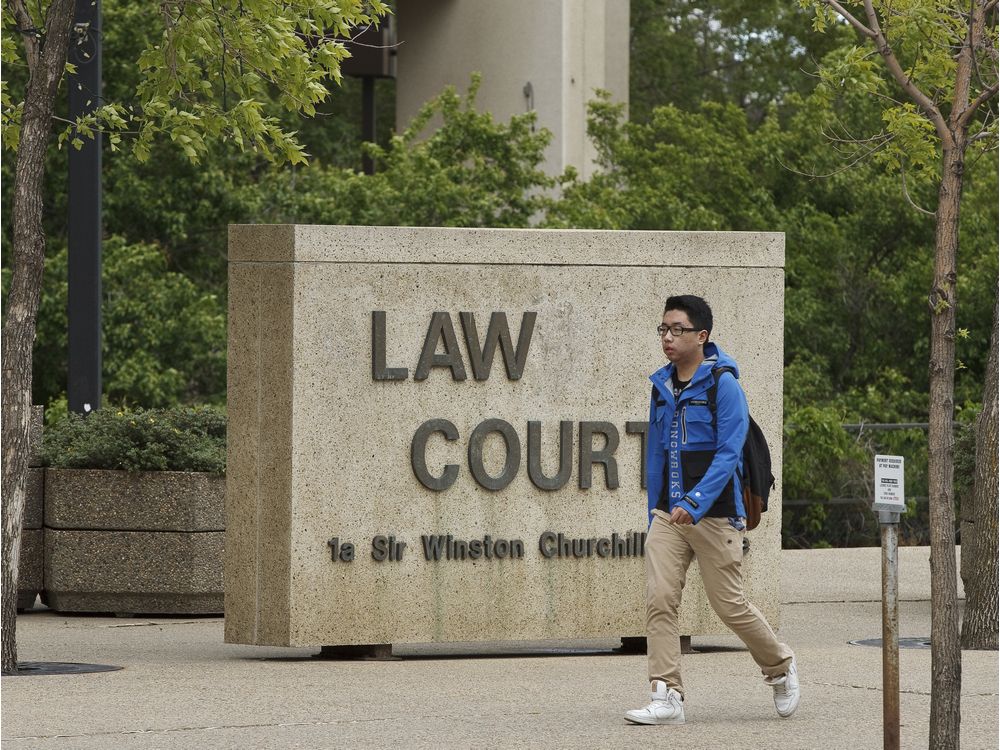Connection
Latest news
CACC Meets with UHM Voice of the Workers and Malta Government Lawyers
In 2022, UHM Voice of the Workers marked a significant milestone by negotiating the very first collective agreement for the Attorney General’s Office. The groundbreaking efforts of UHM Voice of the Workers have not gone unnoticed. Their achievements resonated across borders, drawing the attention of the Canadian Association of Crown Counsel (CACC). At a recent meeting on the sidelines of the Commonwealth Lawyers Association conference in Malta, representatives from the CACC engaged with UHM delegates to learn from their experiences.
[ ...More ]Publication date : 2025-04-11
A system in crisis: Rebuilding the dwindling Crown Attorney’s Office
With more files, more complex files and less resources, not surprisingly, Crown Attorneys are burning out and quitting. The lack of sufficient lawyers, especially experienced lawyers, has led to crisis in many provinces. Associations representing Crown Attorneys in Alberta, Ontario, New Brunswick and Nova Scotia have recently sounded the alarm...
[ ...More ]Publication date : 2025-03-14
Crown attorneys call on Manitoba government to help address ‘dangerously heavy caseloads’
The Manitoba Association of Crown Attorneys (MACA) is calling on the provincial government to help reduce mounting workloads that it says are making it difficult for prosecutors to meet their professional responsibilities. grievance it filed in April 2023. It says the grievance it filed back in April 2023 regarding 'dangerously heavy caseloads' won't be heard by an arbitrator until October 2025.
[ ...More ]Publication date : 2025-01-10
Preparing RCMP body-cam evidence for court will be monumental task, prosecutor says
The RCMP is phasing-in the use of body-worn cameras across the country and expects 90 per cent of frontline members to be wearing them within a year. Shara Munn, president of the New Brunswick Crown Prosecutors Association, said while the body-camera evidence will be great to have, it will also mean a huge influx of work for prosecutors.
[ ...More ]Publication date : 2025-01-06
N.L. government invests in 18 new Crown attorneys amid severe staffing crunch
Newfoundland and Labrador Justice Minister Bernard Davis announced Wednesday afternoon that the provincial government is investing nearly $24 million to improve the province's justice system.... The investment comes after CBC News reported in numerous stories that Crown attorneys in the province were "suffocating" from overwhelming workloads and a critical staffing shortage.
[ ...More ]Publication date : 2024-11-14
Newfoundland to add more Crown prosecutors
Newfoundland and Labrador has agreed to hire more Crown lawyers following cries of a shortage of prosecutors in the province. The “multi-year investment” will include the hiring of 18 new Crown lawyers, according to a news release.
[ ...More ]Publication date : 2024-11-13
<-- Back to archived news
Alberta courts face uncertainty as justice bill scales back preliminary inquiries
16-09-2019

Preliminary inquiries will only be allowed in cases where an accused is facing at least 14 years in prison when a new federal justice bill comes into effect Sept. 19.Ian Kucerak / Ian Kucerak/Edmonton Sun
Fewer people facing criminal charges will be eligible for preliminary inquiries prior to trial when a controversial portion of the Liberal justice bill goes into effect this month.
As of Sept. 19, only those facing a maximum sentence of 14 years in prison or longer will be eligible for a preliminary inquiry — a type of pretrial proceeding in which a judge determines whether there is enough evidence to send a case to trial.
The Liberal government’s Bill C-75 scaled back eligibility for the hearings as a means of reducing court delays. Crown and defence attorneys have criticized the move, saying it won’t do anything to ease backlogs in the judicial system.
“If the logic behind it was to fast-track trials and reduce the court backlog, we’re not of the opinion that it’s going to have much of an effect,” said Rosalind Greenwood, a vice-president with the Alberta Crown Attorneys’ Association.
During a preliminary inquiry, the Crown presents its case much like in a trial. At the end of the proceeding, a judge decides whether there’s enough evidence for a properly instructed jury to potentially convict the accused. If so, the case is then committed to trial.
In Alberta, preliminary inquiries are usually held in provincial court for cases that will be tried in the Court of Queen’s Bench, the superior court. Evidence given during the proceedings is typically covered by publication ban.
Some see preliminary inquiries as an inefficient use of court time, as they in some cases cover the same ground as a trial. But both local Crown and defence attorneys’ associations say prelims can help speed up the legal process.
Testing the Crown’s evidence before trial can reveal weaknesses in the state’s case and lead to charges being dropped, said Jordan Stuffco, a defence lawyer and president of the Criminal Trial Lawyers’ Association. Alternatively, it can show an accused what they’re up against and hasten a guilty plea.
“Many times, preliminary inquiries would assist with resolving a file,” said Stuffco.
He added preliminary inquiries help guard against wrongful convictions. While murder cases will still be eligible for preliminary hearings, Stuffco said he’s concerned other serious crimes such as fraud and sexual assault won’t be.
“Lots of these cases will no longer get a preliminary inquiry. It’s definitely going to have an impact.”
Greenwood added prelims can narrow the issues that will be dealt with at trial and thus shorten trial times.
Jordan Stuffco. Shaughn Butts / Postmedia
CONFUSION IN ONTARIO
In Ontario, there is confusion around who is entitled to a preliminary inquiry after the new bill takes effect. The Toronto Star reported Ontario’s provincial Crown is taking the position that people who already have scheduled prelims after Sept. 19 won’t get them.
Stuffco said that so far, Alberta Justice’s approach seems to be more middle-of-the-road — allowing prelims scheduled before the new law comes into effect to go forward. In a statement, Alberta Justice would only say interpretation of the new rules is “something that will require a judicial decision, which will likely come up during the course of a case.”
“Until the court has made a ruling on the temporal application of the amendments, it would not be appropriate to comment,” a spokesperson said.
In a statement, the federal department of justice said: “Where a preliminaryinquiry has been requested prior to September 19, 2019, the federal government’s interpretation of the applicable legislation and case law is that the accused person is entitled to one. To the extent that there is any disagreement on this interpretation, this issue will be before the courts.”
Greenwood said it remains to be seen how the changes will impact Alberta’s courts system. Overall, the percentage of cases that receive a preliminary hearing is quite low — in 2014-15, it was about three per cent of criminal trials, she said.
Regardless, she doesn’t believe the bill will do what it professes to do.
“We don’t think this particular amendment will result in speedier trials,” she said. “If they really want to put a dent … in reducing the backlog … what needs to happen is more resourcing — not only for the court, but for Crown prosecutors and for Legal Aid.”


